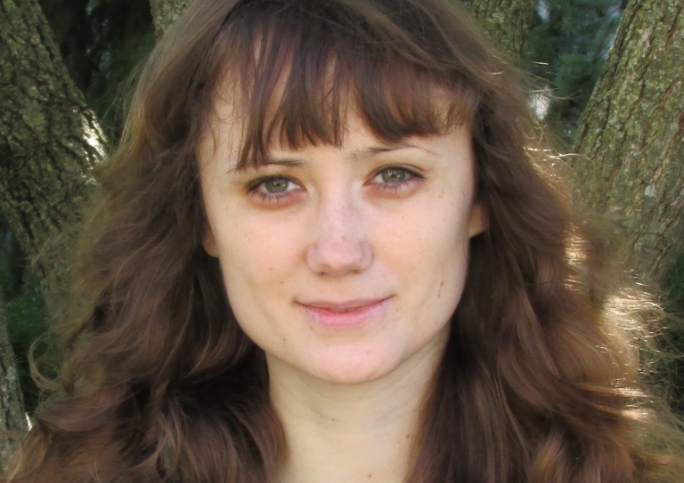This year, CERGE-EI welcomed five new faculty members, which ranks among the most important hiring successes in CERGE-EI’s history for faculty expansion.
Two of them – Stanislav Anatolyev (see the Blog entry) and Veronika Selezneva — are linked with Moscow´s New Economic School (NES). At CERGE-EI this academic year, Veronika will be teaching macroeconomics.
Veronika, before you decided on economics, you studied natural sciences. How come?
I didn’t have a clear view of my future career when I was 17 and applied to college. I loved physics and math mainly because of my parents. They are both physicists who spent considerable time and effort shaping my values and way of thinking. Naturally, applying to The Moscow Institute of Physics and Technology (Phystech) was a very well-informed choice. And a safe one, as receiving a fundamental education would leave the door open and would give me time to better understand myself.
What was the most decisive factor that made you switch to economics?
I wouldn’t say there was a “switch”. The structure of my department allowed me to start research in economics in my third year, while still taking physics classes. I tried it out, I liked it, and I stayed. But what affected me most was meeting Revold Mikhailovich Entov, my group supervisor and the head of the Phystech economics department. His passion for economics turned out to be quite contagious.
Why did you apply for the teaching position at CERGE-EI? What do you look forward to most while being in here?
I received an email from Filip Matejka, got curious, and applied. I would like to make the most of every day here. I am looking forward to working with my colleagues and playing some role — however small that might be — in developing economic education and research outside the US and Western Europe.
Not long ago women at economics departments were virtually non-existent. Are times changing?
Large gender differences still prevail. I had to get used to that and I have not been in the profession long enough to observe any changes. Therefore, it was very surprising to see so many female students here at CERGE-EI!
And the faculty? Do you meet and cooperate with women? For instance, do you know of any other women dealing with the main topic of your research: the oil industry?
Outside the academic world, the oil industry itself has one of the lowest percentages of women. Oil firms haven’t been successful in increasing female presence in their workforce. But there are noticeable examples to follow, such as Lynn Good who became the first female CEO of Duke Energy Corp in 2013.
As for academia, if one is willing to consider the topic more broadly and include oil pricing and oil price forecasting, the financialization of commodities markets, the effects of oil shocks on the economy, then there are a few women, including Valerie Ramey, Christiane Baumeister, and Jing Cynthia Wu. Females can be found among journalists and energy market experts, for example Izabella Kaminska and Deborah Lawrence. But so far in my research I have not worked with any other women experts.
Final question: Can you briefly describe the main approach to your research topic? What aspects of the oil industry are especially interesting for you to watch and analyze?
I am interested in the real effects of the financial market. Over the last decade the financial market developed rapidly, and commodities became an important part of investors’ portfolios. At the same time, the oil market experienced a few pricing anomalies, such as the appearance of a significant spread between two global oil price benchmarks in 2011, or the rapid decline in the oil price in 2014. I think that an analysis of such events may reveal potential problems in the current oil pricing system, including information processing by the market participants, and highlight the role played by the financial market. But oil price movements affect real decisions, for instance, infrastructure development that could be permanently altered. The costs of oil price fluctuations can be quite large.
To name a few, price discovery in the oil market, trading activity in the financial market, and oil flow patterns attract my attention and challenge me. The oil industry is fascinating!
